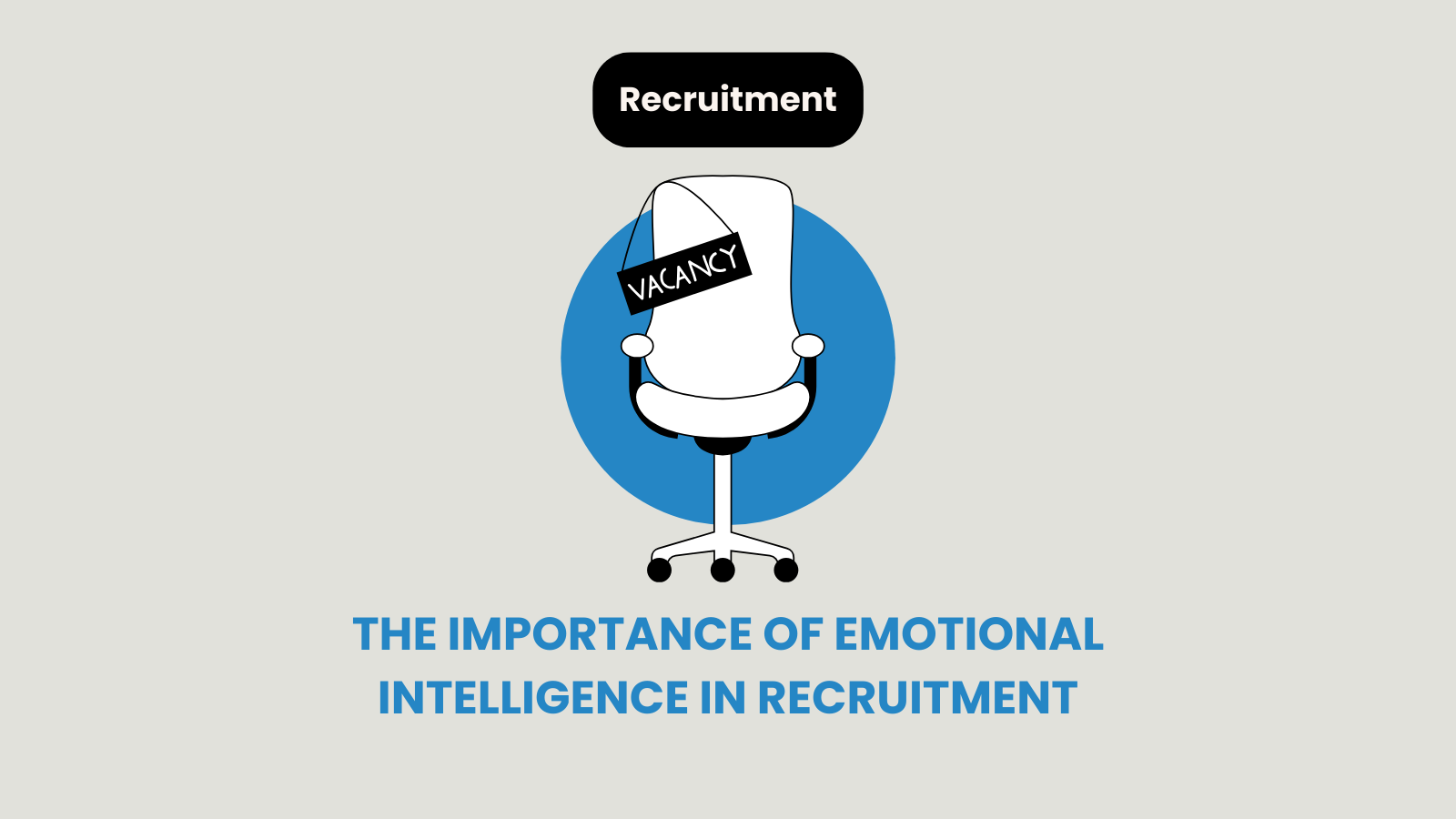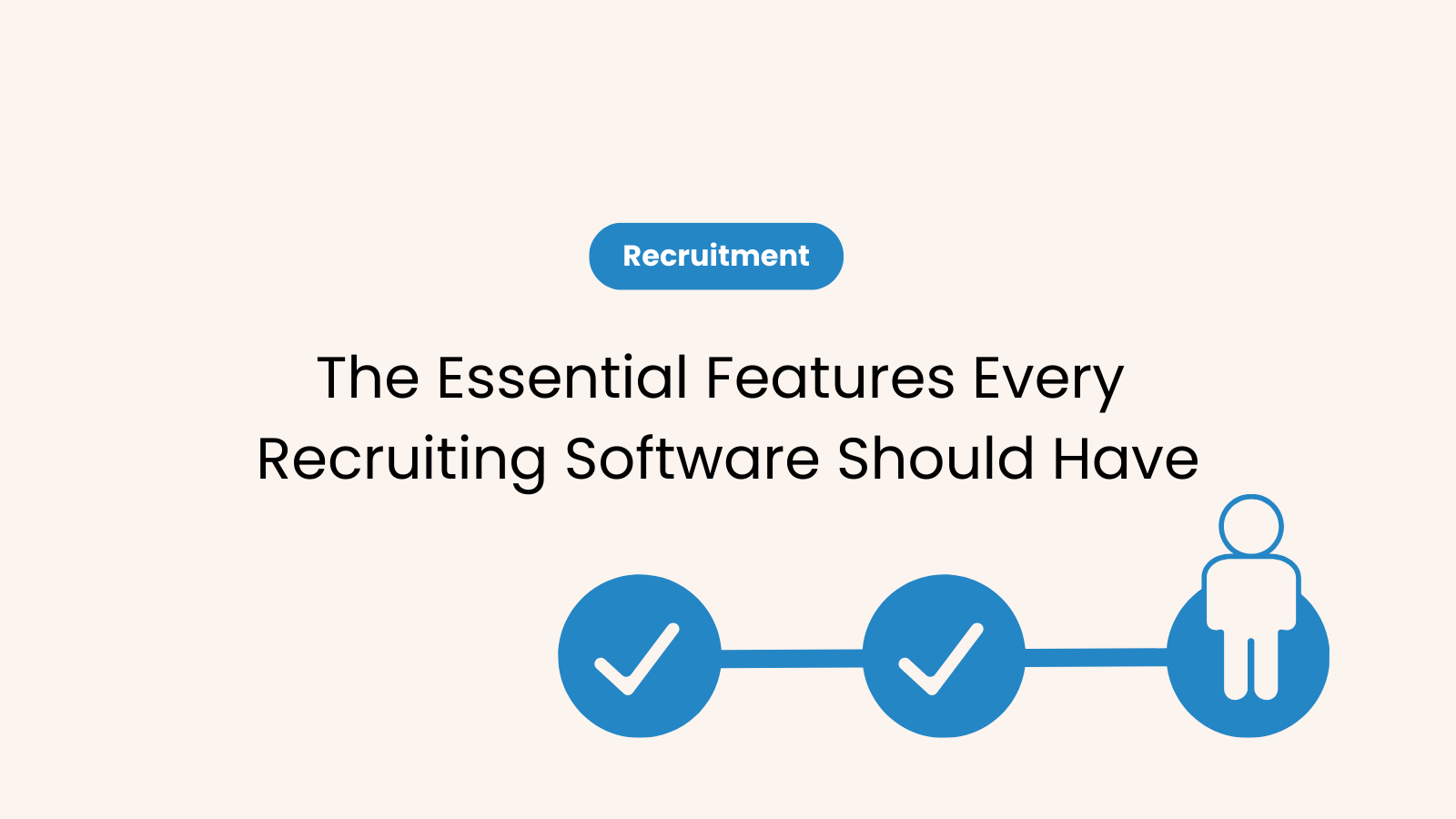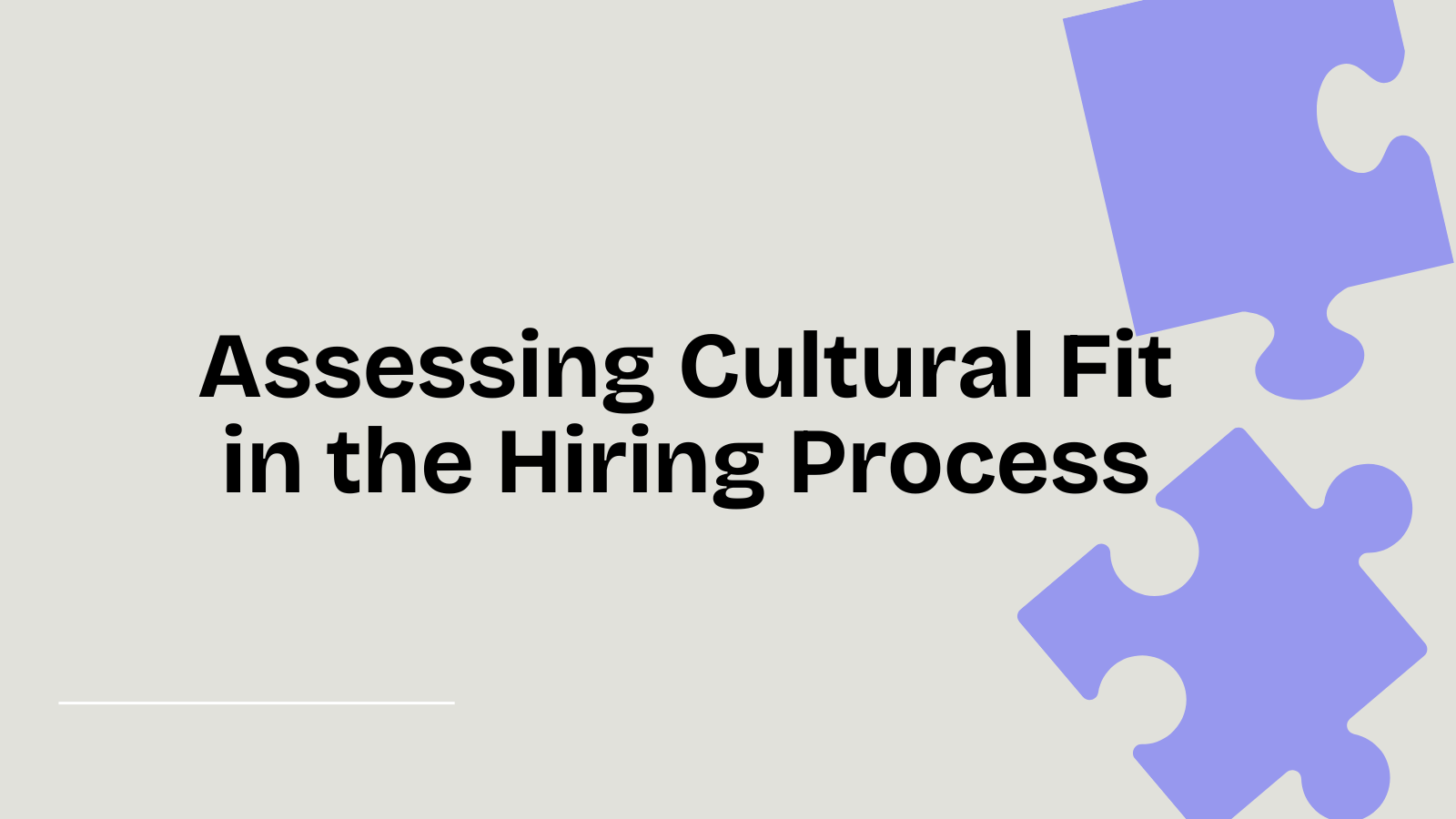Besides its evident influence on social interactions, emotional intelligence (EI) is gaining prominence for its capacity to enhance cognitive abilities and intellectual aptitude. Research indicates that individuals with elevated EI levels are more adept at handling stress, sustaining concentration, and managing emotions, resulting in heightened cognitive proficiency across multiple spheres.
By nurturing emotional intelligence through mindfulness exercises, stress-relief strategies, and interpersonal skills enhancement, individuals can unleash their inherent capabilities and boost their intellectual prowess. This interconnectedness between EI and IQ emphasizes the significance of comprehensive personal growth strategies in optimizing cognitive faculties and nurturing holistic development for both personal and professional advancement.
Understanding Emotional Intelligence (EQ) in Recruitment
In today’s rapidly evolving business landscape, there’s a growing recognition of the significance of emotional intelligence. Previously, conventional approaches primarily prioritized the cognitive capabilities of candidates, particularly for roles requiring a high level of IQ. While cognitive abilities remain crucial, they alone may not suffice to predict an individual’s success in the workplace. Recruiters are now urged to consider a broader perspective, encompassing emotional intelligence as a fundamental criterion for effective teamwork and organizational functioning. This paradigm shift reflects significant progress over the past two decades, with the increasing discourse on the importance of emotional intelligence. As a result, recruitment firms are increasingly compelled to incorporate emotional intelligence assessments into their selection processes. Such assessments aim to identify candidates whose emotional intelligence aligns not only with their cognitive and technical prowess but also with the ethos and requirements of the organization. It’s essential to note that while some companies may have stringent criteria regarding candidate suitability, recruitment firms must adopt diverse assessment strategies to ensure a comprehensive evaluation. Later in this discussion, we’ll delve into various methods for demonstrating emotional intelligence and emotional maturity.
EQ vs. IQ: Bridging the Gap in Hiring Practices
this one: As we mentioned, IQ represents cognitive abilities that include:
- verbal proficiency
- logical thinking essential for solving complex problems
- efficient, comprehensive, and rapid learning capabilities
- numerical analysis
- conciseness
- creativity and strategic thinking, among others
The evaluation of individuals based on IQ tests has been a standard practice for decades, encompassing various tasks such as logical-mathematical assessments and simulated scenarios. In the context of recruitment, these assessments are tailored to the specific requirements of the position, aligning closely with its demands. However, alongside cognitive abilities, emotional intelligence often plays a pivotal role in candidate selection. This entails the candidate demonstrating the ability to:
- understand and manage their own emotions effectively;
- recognize and empathize with the emotions of others;
- communicate clearly and assertively in diverse situations;
- adapt to changing environments and handle stressors with resilience;
- build and maintain positive relationships with colleagues and clients;
- resolve conflicts constructively and collaborate effectively in teams
We aim to uncover the direct correlation between IQ and EQ in identifying the ideal candidate. By assessing emotional intelligence, observing the candidate’s adeptness in social situations, evaluating leadership potential, and gauging their capacity to forge meaningful connections with colleagues and clients, we strive to pinpoint individuals who possess a harmonious blend of cognitive prowess and interpersonal finesse.
Identifying Emotional Intelligence Traits in Candidates
The initial impression of emotional intelligence often manifests during the early stages of a job interview, particularly in the candidate’s interaction with the recruiter. As the interview commences, the recruiter typically outlines the company’s policies, the role’s prerequisites, interview logistics, and the subsequent steps in the application process. In response, the candidate may exhibit various emotions and levels of comprehension regarding the presented information, reflecting their capacity for emotional attunement and situational understanding. Here are some scenarios that may unfold during the initial interview:
- One scenario may occur when the candidate initially misunderstands certain aspects of the job application but gains clarity during the interview. While the candidate may realize that the new understanding doesn’t align perfectly with their preferences, they demonstrate adaptability and a willingness to compromise. This situation showcases the candidate’s ability to reassess their stance, adjust their expectations, and remain open to finding mutually beneficial solutions, reflecting a high level of emotional intelligence.
In such a scenario, the candidate’s response to the situation holds significant weight, as it provides insight into their emotional competencies, which are crucial for navigating future challenges within the company. Recruiters may assess various parameters, starting with self-awareness, often gleaned from the candidate’s self-introduction and their ability to articulate their perspectives on developing new skills. Social awareness can be evaluated through simulated scenarios or past experiences, gauging the candidate’s introversion, extroversion, and alignment with moral principles.
Candidates may also be questioned about negative experiences in previous workplaces, offering opportunities to observe their self-awareness and social awareness in action. Self-control, stemming from both technical knowledge and emotional maturity, is another pivotal trait, exemplified by thoroughness, composure, and problem-solving orientation when faced with challenges.
Empathy emerges as a cornerstone of emotional intelligence, albeit challenging to assess directly. Recognizing empathy involves connecting with and personalizing situations to gauge the candidate’s capacity for understanding others’ perspectives. Candidates must grasp that empathy is essential for fostering healthy relationships and enhancing team effectiveness, ultimately contributing to organizational success.
Interpersonal skills are a barometer of candidate quality, reflecting their ability to communicate, collaborate, and engage effectively within team dynamics. These qualities collectively provide invaluable insights into a candidate’s emotional intelligence, shaping recruiters’ assessments and decisions in the recruitment process.
Cultivating EQ in the Workplace
To conclude the preceding narrative, it’s imperative to emphasize that recruiters must possess emotional intelligence alongside their analytical methods when evaluating each candidate. Should the assessment yield positive results, candidates must also demonstrate their emotional intelligence within their new business team. While the focus of the text primarily revolves around EQ during the hiring process, it’s beneficial to acknowledge the importance of nurturing and enhancing EQ within the collective itself. This is particularly crucial considering individuals often transition between jobs, necessitating the transfer of positive experiences from previous companies to foster emotional maturity and readiness for new challenges.
Companies strive to onboard the most ideal candidates into their collective, underscoring the significance of cultivating a culture of self-awareness, empathy, and social harmony. Achieving such objectives involves investing in workshops, programs, and training initiatives. The companies organize engaging workshops aimed at enhancing the emotional intelligence and self-awareness of each individual through interactive activities. Through these efforts, companies empower employees across all levels and teams, fostering stronger relationships and bolstering organizational cohesion.
Training sessions simulate diverse and complex scenarios, engaging multiple individuals in collaborative problem-solving. The overarching aim is to facilitate peaceful and rational conflict resolution, providing a robust foundation for addressing future challenges in real-world business settings. By fostering a more inclusive and psychologically safe work environment, companies mitigate the risk of burnout, increase tolerance among employees, and enhance relationships between employers and employees.
Teams within the company continuously evaluate the impact of EQ on organizational performance, identifying areas for improvement to be addressed in subsequent training sessions. This iterative approach ensures ongoing growth and development, ultimately contributing to the overall success and effectiveness of the organization.
EQ’s Influence on IQ and Enhancing Cognitive Abilities
In the mentioned relationships and scenarios, it becomes evident that emotional intelligence not only influences team dynamics and work environments but also positively impacts the development of IQ. Emotional aptitude can expedite the acquisition of technical, verbal, and productive skills, especially within a supportive team setting. From a socio-psychological perspective, emotional intelligence serves as a foundational element for the development of all other forms of intelligence. Individuals with high IQ but lacking EQ may struggle to naturally develop emotional competencies, while those with strong EQ often experience exponential productivity growth.
The rationale behind this lies in the fact that individuals with heightened emotional intelligence possess a solid foundation for productivity, grounded in self-awareness and understanding of their environment. They recognize their strengths and limitations and adeptly navigate challenges to enhance their knowledge and skills. By fostering an environment where individuals feel understood, accepted, and valued, other abilities tend to flourish more rapidly and effectively.
Numerous studies and practices underscore the detrimental effects of stress on both health and psychological well-being. The environments built on principles of understanding and acceptance help mitigate stress and enhance focus on productivity. This doesn’t diminish the importance of intellectual skills; rather, it emphasizes the complementary relationship between emotional intelligence and cognitive abilities in fostering individual and organizational success.



